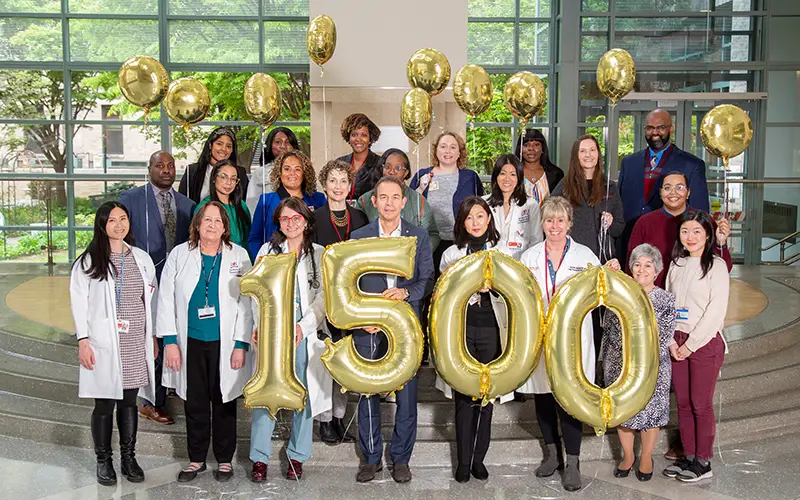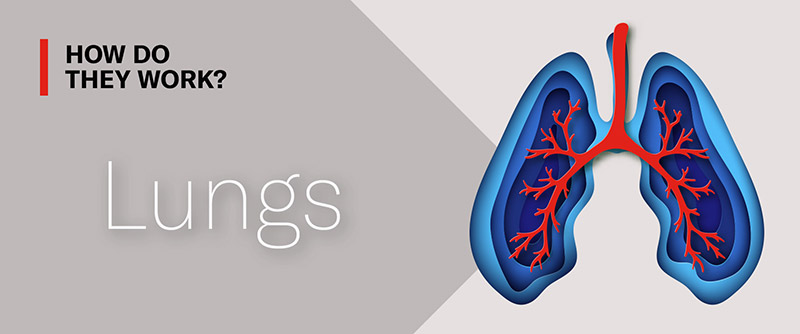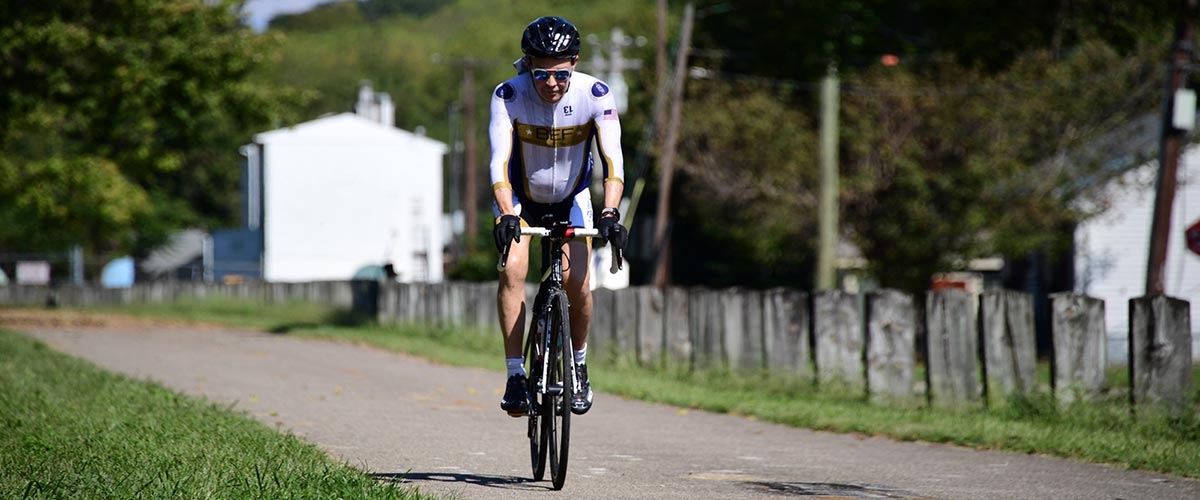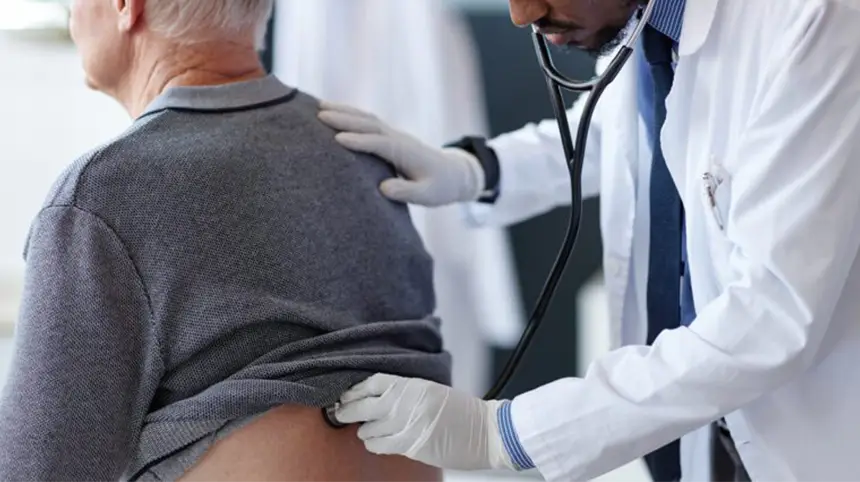Lung transplantation can prolong and dramatically improve the quality of life for patients with advanced lung diseases. The Center for Advanced Lung Disease and Lung Transplantation at NewYork-Presbyterian/Columbia University Irving Medical Center is one of the oldest and largest in the United States. Our team of expert physicians and surgeons brings together more than 140 combined years of lung and heart-lung transplantation experience and expertise delivering exceptional care to patients from across the country.
A national leader in lung transplant
Setting the standard for transplant outcomes
Our lung transplant program takes on the highest-risk cases that are often declined as too complex at other transplant centers. Despite accepting the highest-risk transplant candidates, our short-term survival is comparable with the national average, and we have significantly longer 5-year and 10-year survival compared to the national average including some patients living over 30 years post transplant.

A trusted team of transplant experts
The transplant physicians and surgeons at NewYork-Presbyterian have performed over 1800 lung and heart-lung transplants since 1988, and more than 1600 have been performed since 2001, when new program leadership was launched.*
Over the years, we have earned a reputation for our clinical expertise and rigorous commitment to excellence, working to improve lung allocation policies, expand the pool of donor lungs, and bridge critically ill patients with respiratory failure to lung transplants through innovative technologies.
* Source OPTN, 2025
Most lung transplants performed in the tri-state region*
Use latest techniques in lung preservation for optimized transplant outcomes
140 combined years of professional experience in lung transplant care
* OPTN, 2025
Find advanced lung failure treatment at NewYork-Presbyterian
Patients travel across the country and the globe to receive care from the lung transplant team of experts at NewYork-Presbyterian Hospital. As one of the top lung transplant programs in North America, we treat some of the most complex cases that other transplant centers are not equipped for.
If you or a family member has advanced lung disease, please call to schedule an appointment with one of our NewYork-Presbyterian lung transplant specialists to learn more about what specific treatment options, including lung transplantation, may be available to you.










